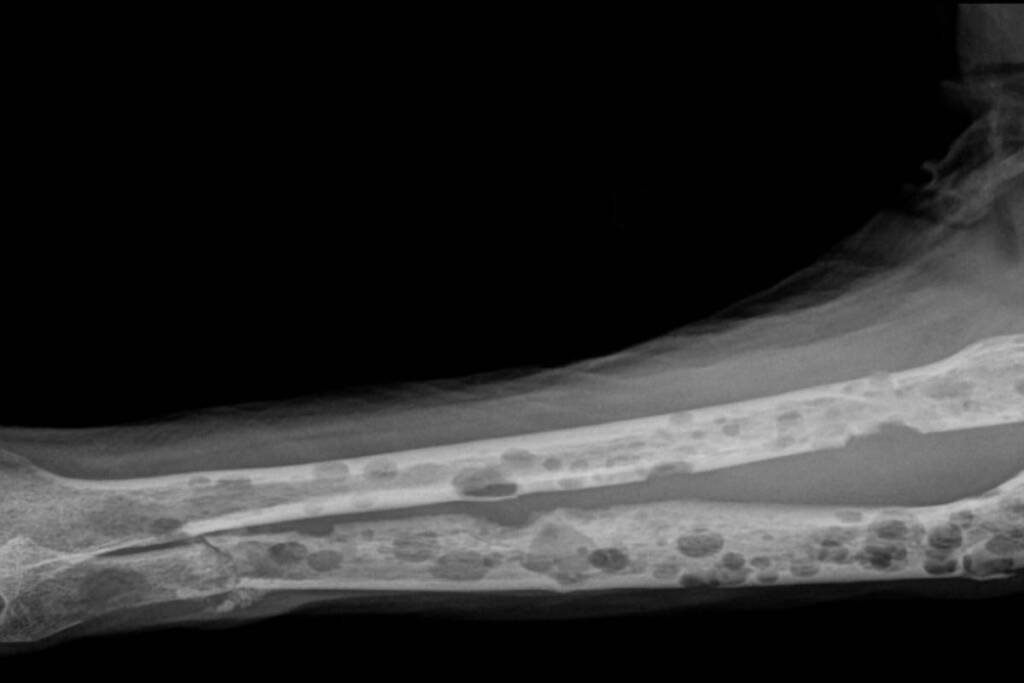The Phase Ib (NCT04722146) MajesTEC-2 trial demonstrated promising clinical activity in patients with relapsed/refractory multiple myeloma (RRMM) when combining teclistamab (Tecvayli), daratumumab (Darzalex), and lenalidomide (Revlimid).
After a median follow-up of 8.4 months (range, 1.1-12.9), the overall response rate (ORR) was 93.5%. Notably, 90.3% of patients achieved very good partial responses or better, while 54.8% achieved complete responses or better. Response deepened over time, and the median duration of response had not been reached.
The most common grade III/IV hematologic adverse events (AE) observed with the combination therapy were neutropenia (78.1%), thrombocytopenia (15.6%), and febrile neutropenia (12.5%). Non-hematologic AEs were mostly low-grade, with cytokine release syndrome occurring in 81.3% (n = 26) of patients, lasting an average of 2 days.
In terms of safety, most infections were low-grade, and the most common grade III/IV infections included pneumonia (15.6%), COVID-19 (12.5%), and sepsis (9.4%). Two patients experienced AEs resulting in death, one related to COVID-19 and one from multiorgan failure due to sepsis.
According to Emma Searle, MBChB, PhD, MA, MRCP, FRCPath, teclistamab will continue to be assessed in the triplet regimen with daratumumab and lenalidomide in patients with newly-diagnosed multiple myeloma who are transplant-ineligible. It will also be evaluated in the randomized, open-label phase III MajesTEC-7 trial.
The data discussed here is from cohort E of the MajesTEC-2 study, which investigated teclistamab in RRMM. Teclistamab is an off-the-shelf CD3 BCMA bispecific antibody and was previously studied as monotherapy in the MajesTEC-1 trial and in combination with daratumumab in the TRiMM-2 study. In MajesTEC-2, teclistamab was used in combination with daratumumab, lenalidomide, and other agents to evaluate its safety and efficacy as an early line of therapy.
Cohort E of the trial included patients who had received between I and III prior lines of therapy. It was a non-randomized phase Ib trial, and after step-up dosing, teclistamab was administered weekly, while daratumumab was started in cycle 1, and lenalidomide was added at the beginning of cycle 2. A total of 32 patients were treated in this cohort.





























